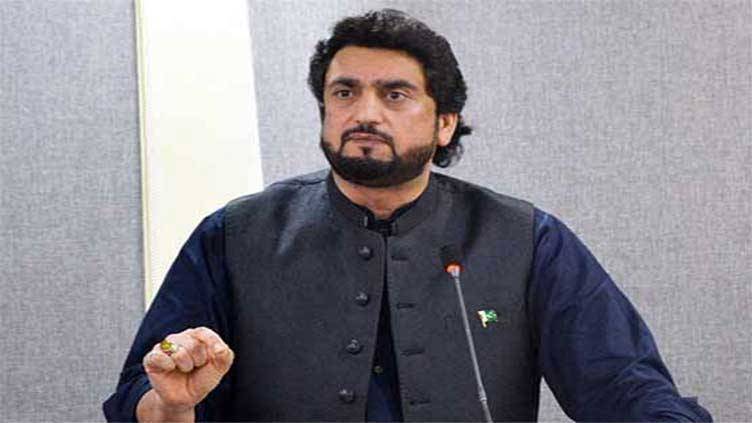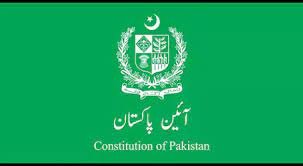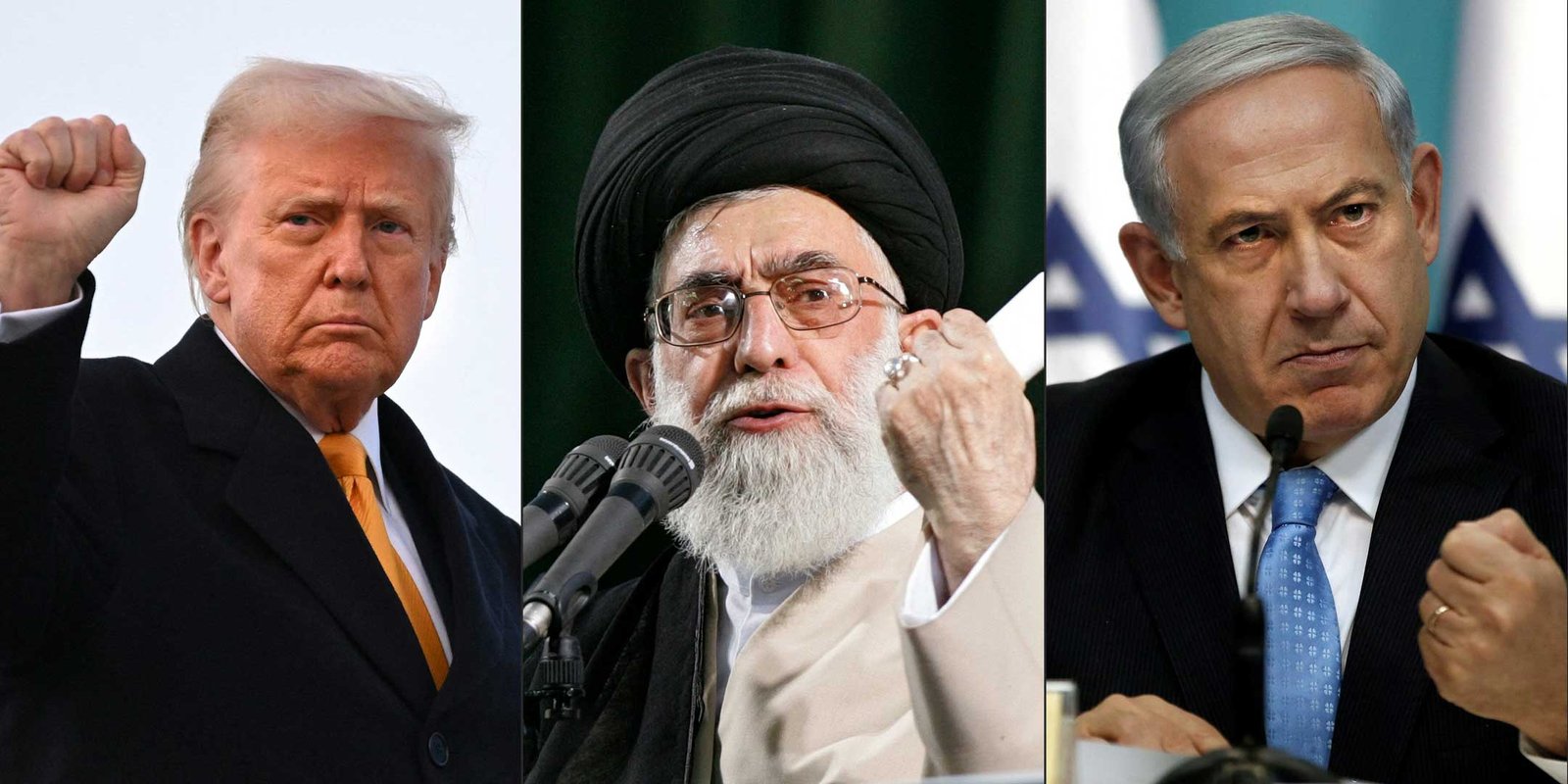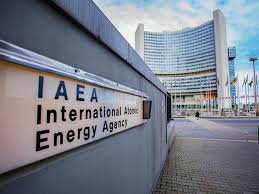Editorial
Pakistan Tehreek-e-Insaf (PTI) senior leader Shehryar Afridi recently made a bold statement, claiming that his party will hold dialogue with the Chief of Army Staff and Director General of Inter-Services Intelligence instead of initiating a new round of reconciliation talks. This move comes in response to calls for reconciliation talks, which Afridi dismissed as pointless. He referred to the PMLN-led government as ‘rejected people’, a term he used to describe a government that has lost public support and legitimacy. He also accused them of being ‘controlled through a remote’, a metaphor for their alleged puppet-like relationship with certain influential individuals or groups. Afridi further alleged that the ruling parties were ‘supported by the establishment’, implying that they were benefiting from the backing of powerful institutions.
It is evident that PTI is taking a resolute stance, a stance that is firmly rooted in democratic principles. The party’s founder, Imran Khan, has consistently championed the cause of a better Pakistan, and PTI is steadfast in its commitment to engage all stakeholders for a brighter future. Afridi reiterated that the PTI is not at odds with the national interests or the military and other state institutions, and the party would soon hold talks with the army chief and top spy, all within the framework of democratic values. The PTI believes that dialogue with the military leadership can lead to a more stable political environment, where all parties can work together for the betterment of the country. This dialogue is not a sign of weakness or compromise, but a strategic move to strengthen democratic institutions and ensure political stability.
As PTI seeks support for political stability, it must do so with utmost transparency and accountability. Any action that undermines democracy, including dialogue with the establishment, must be avoided. The party’s commitment to maintaining the public’s trust through transparency and accountability in the dialogue and negotiation process is paramount.
PTI’s decision to engage in dialogue with the army chief and top spy is a bold step towards achieving political stability in Pakistan. It underscores the party’s unwavering dedication to a better future for the country. All stakeholders’ collective efforts, united in their pursuit of a shared vision, are crucial for Pakistan’s stability and progress. PTI’s commitment to dialogue is a testament to their dedication to this noble cause. However, critics say it is a stance not fully endorsed by democratic values. According to the country’s constitution, it is only the prerogative of the people to elect their governments. Therefore, if PTI compromises this stance, its popularity may be compromised. Secondly, people in Pakistan want the rule of law, democracy and public representation at all levels. Furthermore, they want the establishment and other institutions only to play their legal and constitutional role. How PTI responds to it will be interesting to follow in the near future.

















